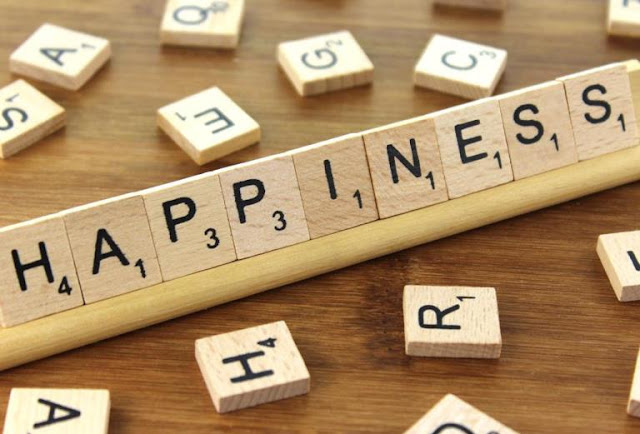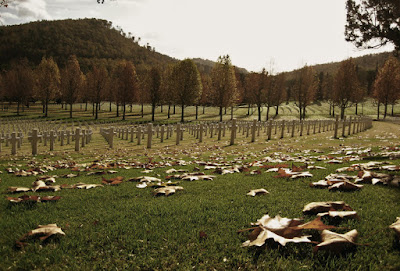On the pursuit of happiness

Many of Jefferson's ideas have a lasting legacy, but perhaps none more so than the pursuit of happiness. That has become the essence of the American dream and the point of middle-class existence worldwide. This, rather than all the men are born equal, have become self-evident. However, the celebration of the pursuit of happiness obscured complicated questions on how to be happy. We may assume that the answer is straightforward, that happiness comes from the acquisition of more: Bigger houses, cars, clothes, jewellery and the like, along with more and more power over others. But both scientific explanations and our everyday experience point to the opposite. Happiness, we know, comes not from Dopamine, a hormone that gets released when we 'achieve' something, but from Serotonin and Oxytocin, those which get released from making others happy and bonding with them. The kick from buying something bigger only lasts until someone with even bigger something turns up, which...
